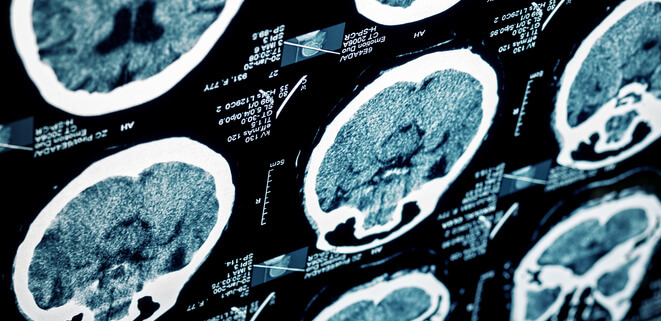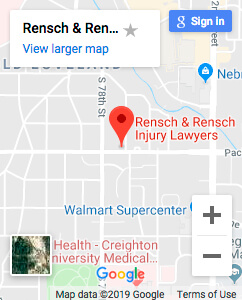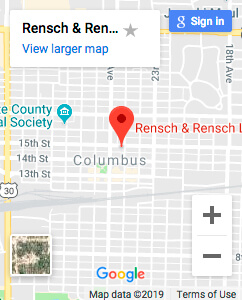The Loneliness of Traumatic Brain Injury
OMAHA, Nebraska. There are few injuries that can change a person’s personality as thoroughly as traumatic brain injury. Traumatic brain injury not only impacts a person’s memory, sleep, and mood, but it can also leave victims facing major personality changes that can leave them feeling alienated from friends and family.
According to Brain Line, a traumatic brain injury can make communication difficult. Communication problems can make it challenging to express your feelings, or connect with friends and family in the way you once did. A brain injury can leave people feeling more irritable, which can also make it difficult to connect with others. Yet another factor that can leave traumatic brain injury survivors feeling isolated is the fact that brain injury victims may not be able to drive after their accidents.
When you add these factors to the fact that survivors of traumatic brain injury might be feeling pain and may also feel fatigued or low-energy while trying to recover, it becomes easier to see why loneliness among traumatic brain injury survivors can be high.
What can you do to fight feelings of loneliness after suffering a traumatic brain injury? When people feel lonely, they can respond in two ways: either they reach out to others and try to connect, or their self-preservation instincts lead them to retreat even further. According to QZ, researchers have found that for some, overcoming the initial impulse to retreat can be challenging. Many people retreat because they don’t want to feel the additional pain of rejection.
Loneliness is something that should be taken seriously. Even mild loneliness can impact your physical health, and can lead to smoking, obesity, and early death. So, what can you do to avoid falling into the loneliness trap after suffering a personal injury? Research has found that getting active again and joining a sports group can connect you with other people. Join a social support group and meet other people in a similar situation to your own. The more you reach out, the better your chances are to connect. Talk to your doctor, therapists, and rehabilitation team and ask them about support groups and activities designed for people recovering from traumatic brain injury in your area.
The recovery process after a personal injury, either from a car accident or motorcycle accident can be stressful and challenging, but you don’t need to navigate it alone. Rensch & Rensch Law are personal injury lawyers in Omaha, Nebraska who work closely with individuals struggling with the recovery process. We can connect you with resources to help you get the medical and rehabilitation care you may need. We may also be able to help you seek damages to pay for your medical bills, lost wages, and pain and suffering. It can be hard enough to recover from an injury after a car accident. Add to this financial stress and the whole situation can quickly become overwhelming. Reach out to Rensch & Rensch Law today to learn more.
Rensch & Rensch Law
7602 Pacific Street,
Suite 102
Omaha, NE 68114





